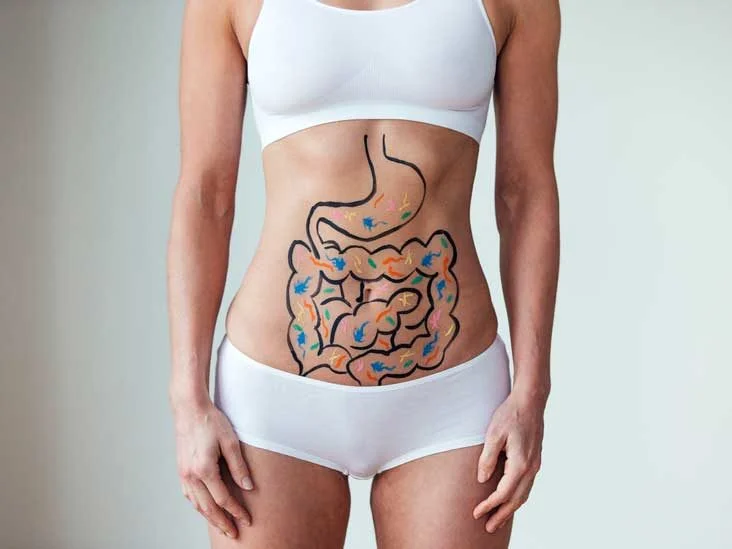Understanding the Gut Microbiome – How It Impacts Your Health
3 min read
The microbiome is the vast collection of bacteria, viruses and fungi living inside and on your body that aid digestion, support immunity and may improve brain, heart and weight health.
Studies suggest that certain gut bacteria may help produce chemicals in your brain to manage anxiety and depression, and also send messages between the digestive system and central nervous system.
1. It Helps You Digest Food
Your gut microbiome plays an essential role in breaking down complex molecules found in meats, vegetables and fruits into simple sugars that your body can easily absorb. Furthermore, it produces enzymes to assist with digesting indigestible carbohydrates.
These bacteria can help defend against intestinal infection by stimulating secretion of a protective mucus layer that lines the intestinal wall and forms a barrier against harmful microbes attaching to intestinal cells. They may also produce acidic metabolites which reduce pH levels in your intestines and make pathogen survival harder.
Studies demonstrate that when you eat, gut bacteria break down and feed on plant fiber to produce short-chain fatty acids that promote gut health. A diet rich in whole foods, including many varieties of fruits and vegetables as well as fermented foods can boost the health of your microbiome and improve your gut microbiome.
Your microbiota health can be enhanced further by decreasing stress levels, eating regularly and exercising regularly, as well as avoiding processed foods, prioritizing vegetables and lean proteins over processed options, and getting plenty of sleep.
2. It Helps You Control Your Weight
Your gut bacteria play an essential role in maintaining weight by controlling metabolism, nutrient absorption and storage of body fat. They’re also responsible for producing serotonin which has an impact on mood and mental wellbeing.
Your microbiome is determined by your family genetics, mode of birth, environment and diet. Studies have revealed that even genetically identical twins have differing gut microbes. Fiber consumption may also influence its composition in your gut bacteria makeup.
Get enough exercise, consume a variety of foods and drink plenty of water to support healthy gut bacteria levels. Also check with your physician that any medications do not interfere with these microbes negatively, and add fermented foods like yogurt, sauerkraut, miso and kimchi to boost healthy bacteria levels and support weight loss efforts.
3. It Helps You Deal With Stress
Scientists believe that bacteria living in your gut send signals throughout your body, impacting on both mood and emotions. Research has also demonstrated how your brain communicates with this microbiome; further demonstrating their significance in managing stress responses.
Researchers have recently linked changes in gut bacteria with food allergies. Certain strains of bacteria present can make people more sensitive to peanuts for instance. Probiotic treatments have also been developed as ways to rebalance gut flora and alleviate allergy symptoms.
The gut microbiome can have an enormous effect on health. According to research, eating more fiber-rich food, cutting back on processed food consumption, and exercising may all help your gut bacteria stay balanced. On the other hand, taking antibiotics during or following medical procedures or certain medications such as proton pump inhibitors and statins may alter this balance and have detrimental results on gut bacteria populations.
4. It Can Help You Deal With Anxiety
Researchers are just beginning to grasp how the gut microbiome and brain interact. They’ve discovered that bacteria within the gut produce and regulate crucial substances for mental health, including serotonin – an essential neurotransmitter responsible for mood regulation and feelings of happiness.
Bacteria also produce short-chain fatty acids that aid the body in digesting food, deterring harmful microbes from entering, and improve overall digestive health. Bifidobacterium and Eubacterium bacteria produce butyrate which not only aids digestion but strengthens intestinal linings against unwanted metabolites, microbes and food particles entering.
An active microbiome has also been linked to lower anxiety and depression risk, since its presence helps control inflammation in the central nervous system. Chronic low-grade inflammation has been shown to contribute to anxiety and depression among other disorders; to promote health in this regard it is recommended to eat a varied diet including fermented foods like yoghurt, sauerkraut or kimchi for best results.







